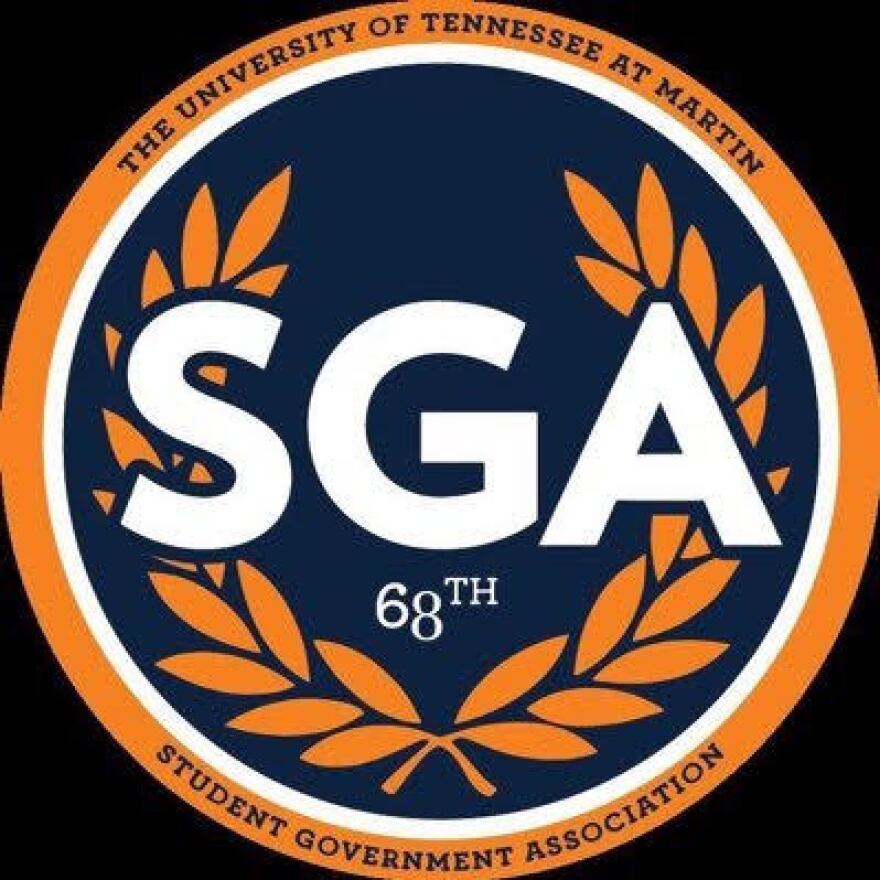After four months of demanding change, students at the University of Tennessee at Martin (UTM) may be one step closer to their goal of creating a more diverse and inclusive education.
Just two months ago, the Faculty Senate Executive Committee was set to vote on a resolution from the Black History Matters Coalition. The resolution's purpose was to include a requirement for the study of African American History within the UT Martin General Education curriculum. The resolution was not presented during the Nov.10 meeting, leaving students feeling unheard on campus.
Not even two weeks later, the Student Government Association (SGA) created a resolution to implement courses in diversity and inclusion to supplement general education requirements, not excluding gender, race, ethnicity, sexual orientation, socioeconomic status, and religion.
In response, the SGA conducted a survey for students on campus which asked various questions about the need for a required African American course.

SGA President Hunter McCloud said in an interview with WKMS after reviewing the survey results, the tables turned. As many students voted in support of a required African American course, many also voted in support of other optional courses focused on diversity and inclusion across the board.
H.McCloud said after all the civil unrest of 2020, it’s important to not forget those who are in the shadows.
“This was my biggest concern when creating the bill. There are several minorities on our campus of not only race but religion, sexual orientation, ethnicity, etc. All of these students have a chance of feeling excluded and underrepresented. It is my thought that if we are here to fix one problem, but have the opportunity to fix several, it is best to take the steps necessary to help as many students as possible,” he explained.
H. McCloud said he and the members of the SGA wanted to make sure those who may be a part of the LGBTQ + community on campus were fully represented in this resolution.
“The resolution was so important to me because the thing I love most about UTM is the feeling of community. It has truly been a home away from home for my four years here. The fact that some on our campus do not have that same feeling hurts me. I want all Skyhawks on campus to feel safe and represented so we can all feel at home,” he said.
H.McCloud said he wants students at UT Martin to know although the faculty and staff has been in full support of this bill, this process takes time. This bill may not be enforced in the curriculum until the academic year 2022-2023.
“An important thing to note through all of this is that change takes time. It will take time for the classes to be developed, it will take time for students to take them, and it will take time for the atmosphere to change. While I don't expect a large shift in the atmosphere on campus, I hope that students see the steps we are taking and feel some sort of relief knowing we care and are trying,” he said.
Chief of Diversity and Inclusion Officer Mark Mcloud said when he read the proposed bill from the SGA, he liked the idea of all students, regardless of race, being represented.
“I have to look at all of those issues. All the students whether it’s race, gender, sexual orientation, disability, age, and all those different factors. When speaking with those students, I want to make sure that everyone is represented. Then we’ll all get a deeper understanding of the issues everyone faces,” he explained.
M. McCloud said he has spoken with the advisor and students of the LGBTQ + comminity at UT Martin who have expressed their concerns about not being represented enough on campus.
“We have to move the needle forward in a way that is inclusive. I’m not saying we could not have a class for African American studies as a part of diversity, but if we only had that requirement, then what would our Latino students say and what would our LGBTQ students say? Or what would our students with disabilities say? How are they getting represented?”
As the semester begins, M.McCloud said the university will continue to do what is necessary in order to make all students on campus feel valuable and fully represented. He also plans to implement a bias training program for faculty and staff in the future.
“With our diversity plan, we’re looking at all of these programs which are important to move the needle forward,” he said. “A class alone is not going to change racism. A program alone is not going to change racism. A conversation alone is not going to change it. But all of us continuing to work together to implement lots of different things will definitely improve the process and make those changes we so desperately need.”




